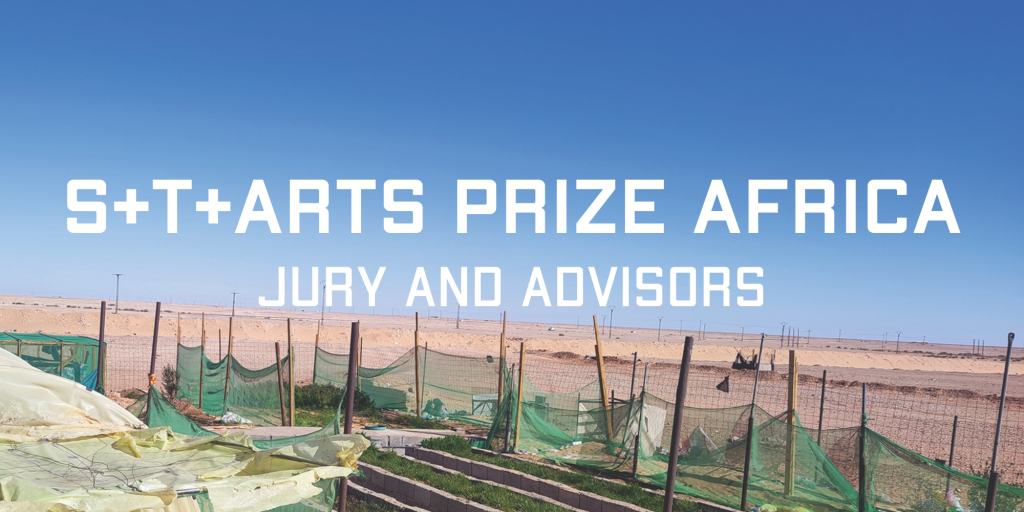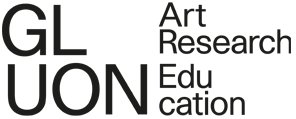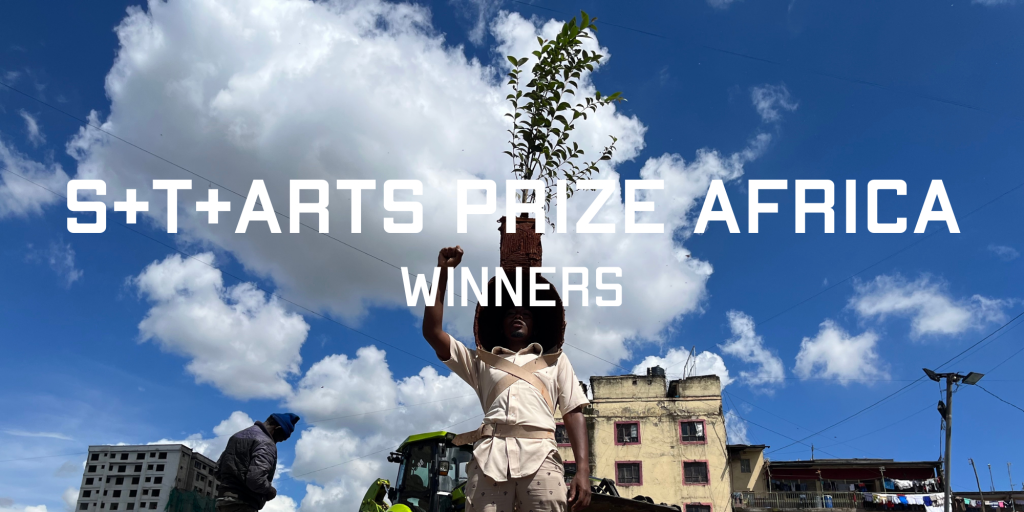All submissions are judged by a Jury to decide on the prize-winning projects.
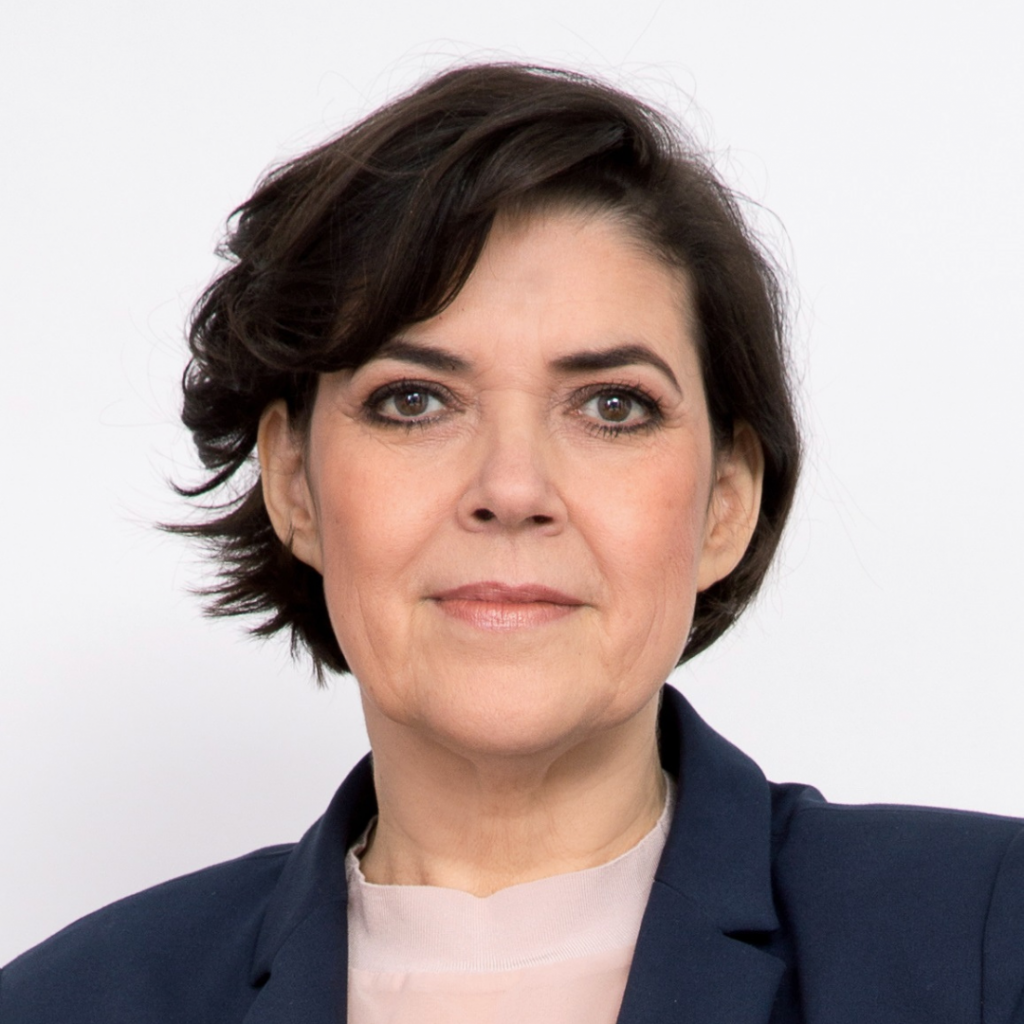
Andrea Barschdorf-Hager
Andrea Barschdorf-Hager has been serving as CEO of CARE Austria in Vienna since 2009. In this role, she leads the marketing team and oversees program and finance areas, as well as the relief and development work. Andrea also represents CARE Austria in media and politics. CARE is one of the world’s leading development and humanitarian aid agencies, dedicated to fighting poverty and injustice, with a specific focus on the empowerment of women and girls.
Born in Vienna, Andrea began her involvement in development cooperation while studying Ethnology and African Studies at the University of Vienna. Andrea has received several awards and recognitions for her service. Additionally, she is an International Gender Champion and serves as a board member of the institute OIIP (Austrian institute for International Affairs). Andrea has a special interest and focus on digitalization and artificial intelligence.
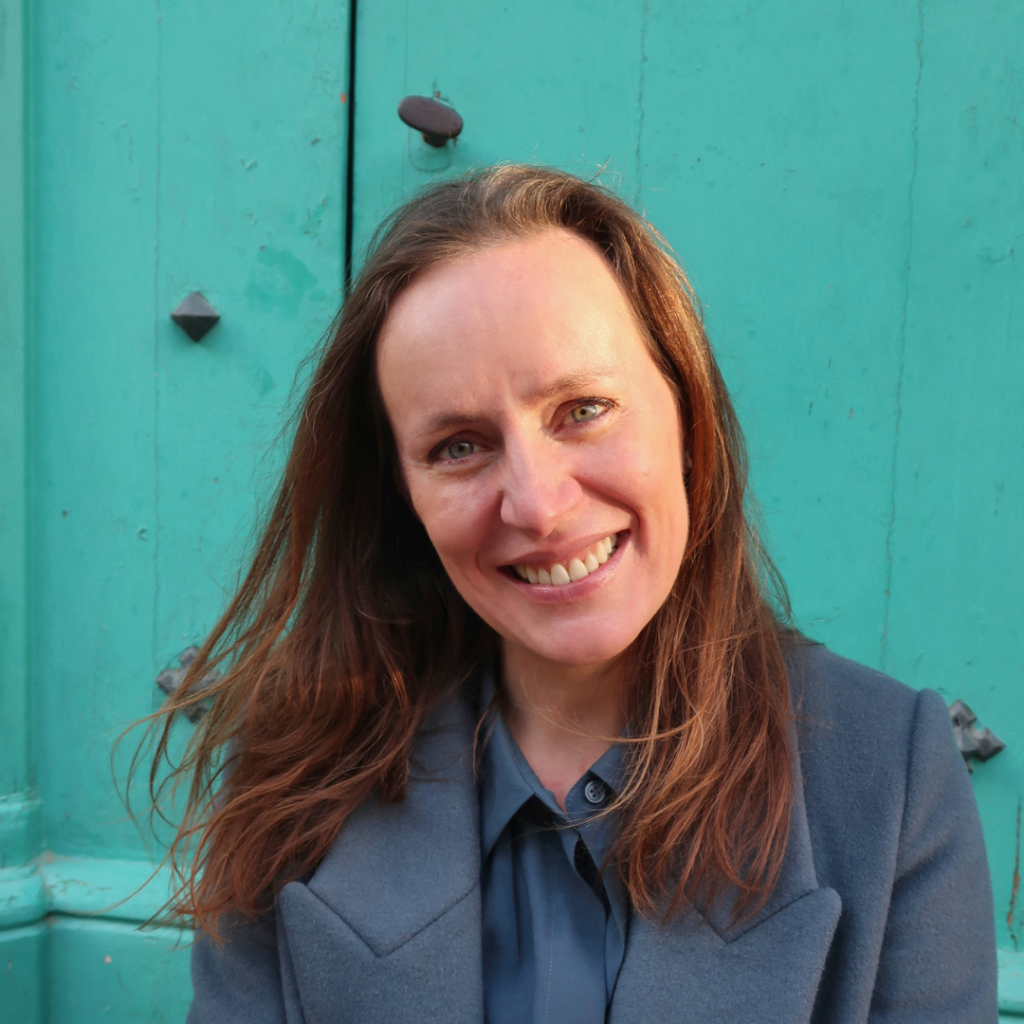
Mónica Bello
Mónica Bello is an art historian and curator based in Geneva and Barcelona.
Until March 2025, she served as Head of Arts at CERN, where she led initiatives such as artist residencies, art commissions, and exhibitions, supporting over 150 artists and fostering collaborations between creators and scientists. Under her tenure, the Arts at CERN team receive the 2024 STARTS Grand Prize for Collaborative Innovation. Some notable curatorial projects include Quantum Visions (2025), the Icelandic Pavilion at the Venice Biennale (2022), Dark Matters (2023), and Broken Symmetries (2018–2021).
She has developed unique global expertise at the intersection of art, science, and technology, fostering innovative collaborations across disciplines, through leadership and policy initiatives.
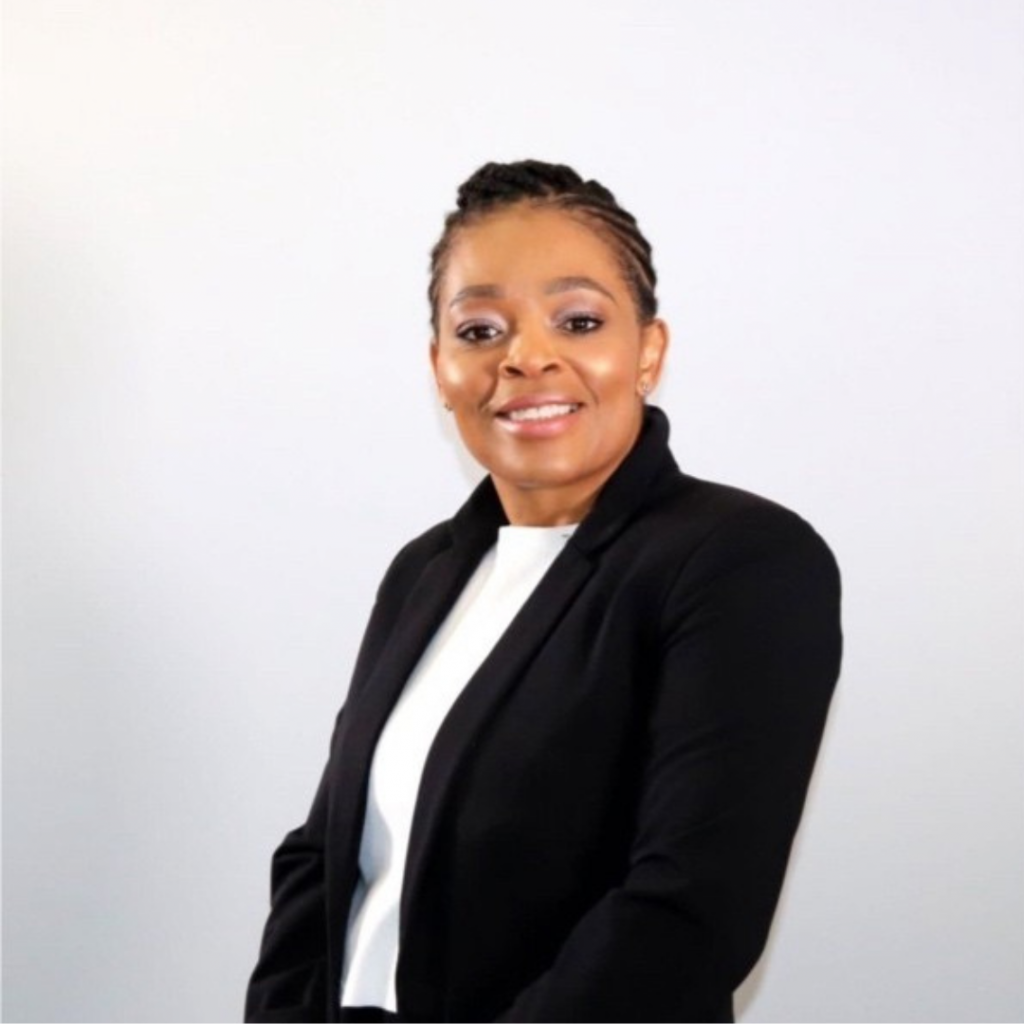
Joy Mawela
Joy Mawela is a distinguished leader in Africa’s digital creative industries, currently serving as the Head of the Digital Content Hub at Tshimologong, Wits University. With a postgraduate diploma in management, she drives strategic business development across film, television, animation, gaming, XR (AR and VR), digital music, and visual arts.
A key figure in shaping South Africa’s digital creative landscape, Joy has played a pivotal role in establishing Tshimologong’s gaming incubation hub and spearheading the Fak’ugesi African Innovation Festival, a premier platform for African innovation and creativity. She is deeply committed to skills development, incubation, and market access for emerging talent across the Pan-African region. With extensive experience as a broadcaster, funder, and festival programmer, Joy brings a wealth of expertise in content curation, acquisition, and production. Her engagement with international film festivals and industry markets has provided her with a global perspective on creative storytelling and emerging digital trends. Served as a jury member for IDFA 2023 and also sat on boards such as Literacy for Life – NPO for promoting literacy in underprivileged communities and Lawyers for Arts South Africa – where she advocated for legal rights for South African Artists.
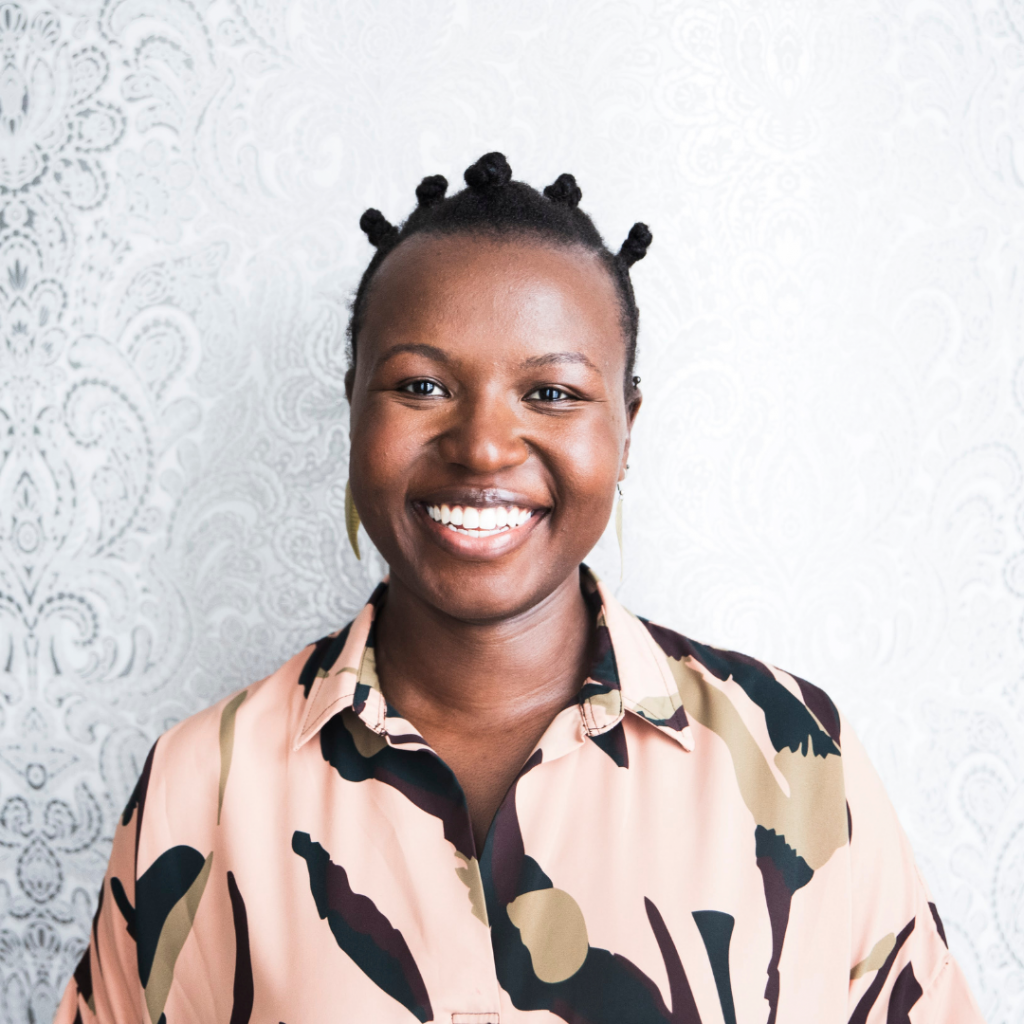
Kathleen Siminyu
Kathleen is a Natural Language Processing researcher at the DAIR Institute. She focuses her research on African languages as a form of activism and from a desire to see these languages better represented on digital platforms. Kathleen has been involved in various efforts to build language datasets. Her experiences in building open datasets has inspired a desire to explore data governance and licensing models that can ensure maximum benefit is returned to the communities of dataset builders and subjects.
Kathleen also works with African AI communities to enable ecosystem capacity building and research relevant to Africa. She continues to organise with communities as part of the Deep Learning Indaba, where she is a trustee and the Masakhane Research Foundation, where she is a director.
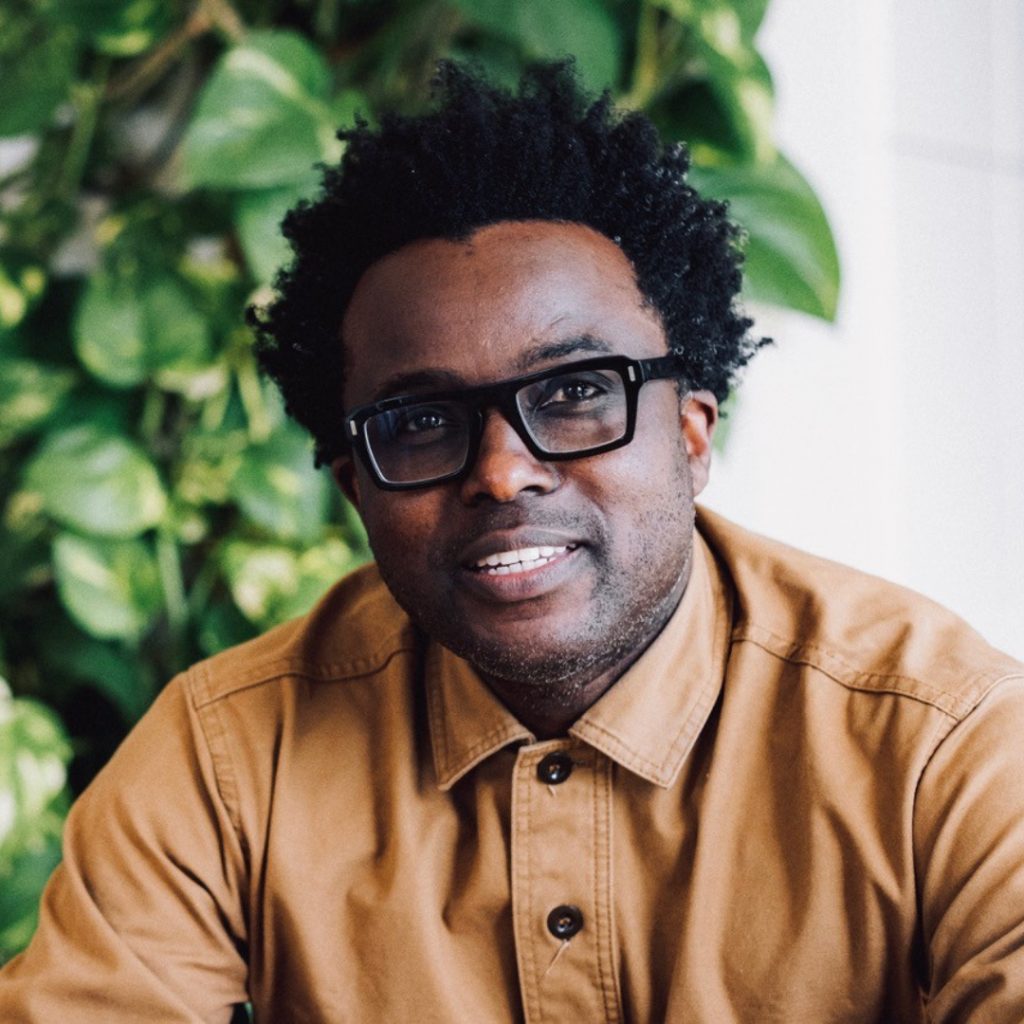
Tau Tavengwa
Tau Tavengwa founded Cityscapes, a periodical publication and long-running collaboration with the African Centre for Cities at the University of Cape Town about knowledge, ideas and narratives on the future of cities, society and the built environment from a Global South perspective. He is also a co-founder of CS Studio, a discipline-agnostic urbanism studio focused on developing tools to enable a better understanding of cities from a broad range of perspectives and experiences through experiments.
Tau is a 2018 Harvard University Loeb Fellow, a 2020-22 Visiting Fellow at the London School of Economics’ LSE Cities, and in 2022 was a curator on the Lisbon Architecture Triennial and a member of the Venice Architecture Biennale 2023 jury.
The Advisors are renowned international professionals with expertise in this field.
Their recommendations ensure a wider and balanced range of potential participants to submit proposals.
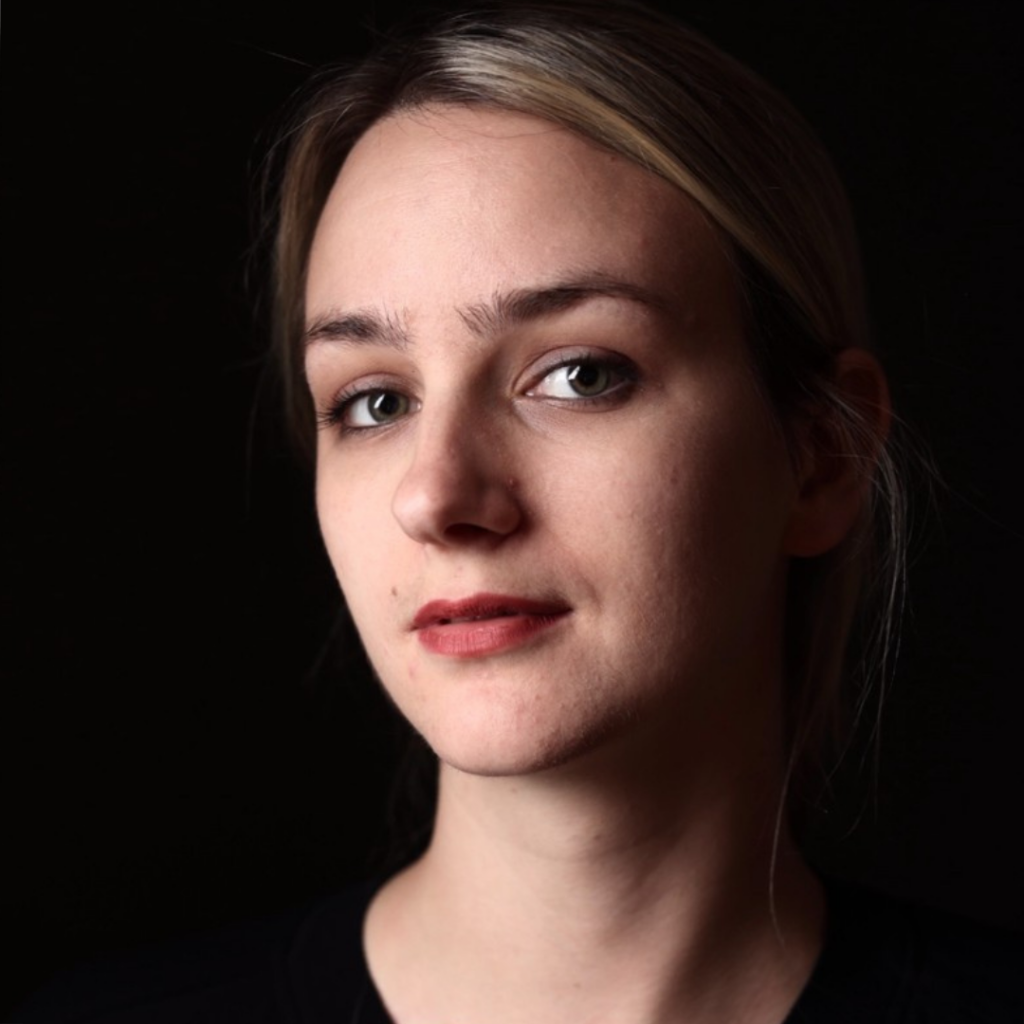
Agnes Aistleitner-Kisuule
Agnes Aistleitner Kisuule is partner and co-founder First Circle Capital, an early-stage fund established in 2021 focusing on fintech in Africa, with a portfolio of twelve companies. She is an experienced operator 10+ years with a background in building businesses in emerging markets, including textile manufacturing ventures in Jordan and Ukraine, and a tech business in Uganda. Agnes is also an active VC ecosystem contributor and writes a Macro Economic focused newsletter called the Data Dive.
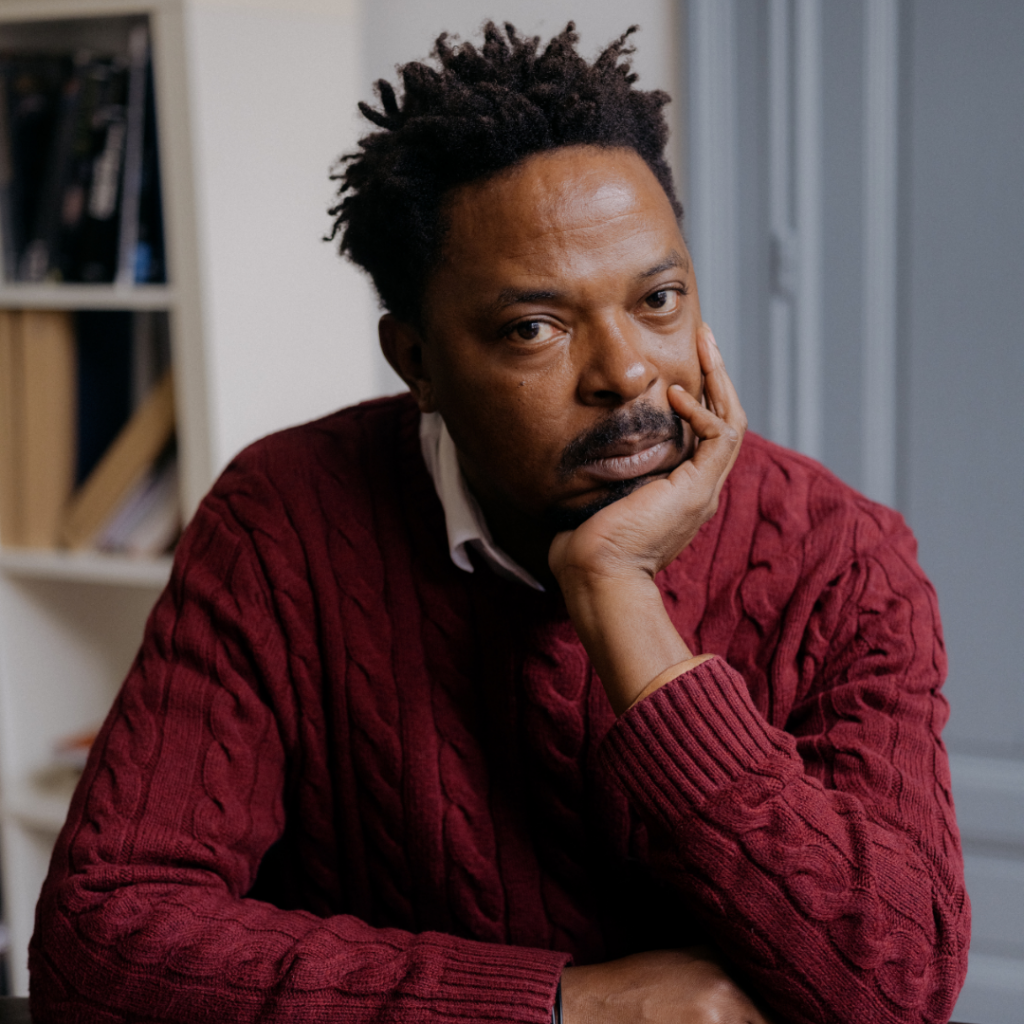
Sammy Baloji
The artist Sammy Baloji (b. 1978, Lubumbashi, DR Congo) lives and works between Lubumbashi and Brussels. Since 2005 he has been exploring the memory and history of the Democratic Republic of Congo. His work is an ongoing investigation into the cultural, architectural and industrial heritage of the Katanga region, as well as questioning the impact of Belgian colonisation. His critical view of contemporary societies serves as a warning of the ways in which cultural clichés continue to shape collective memory, allowing social and political power games to continue to dictate human behaviour.
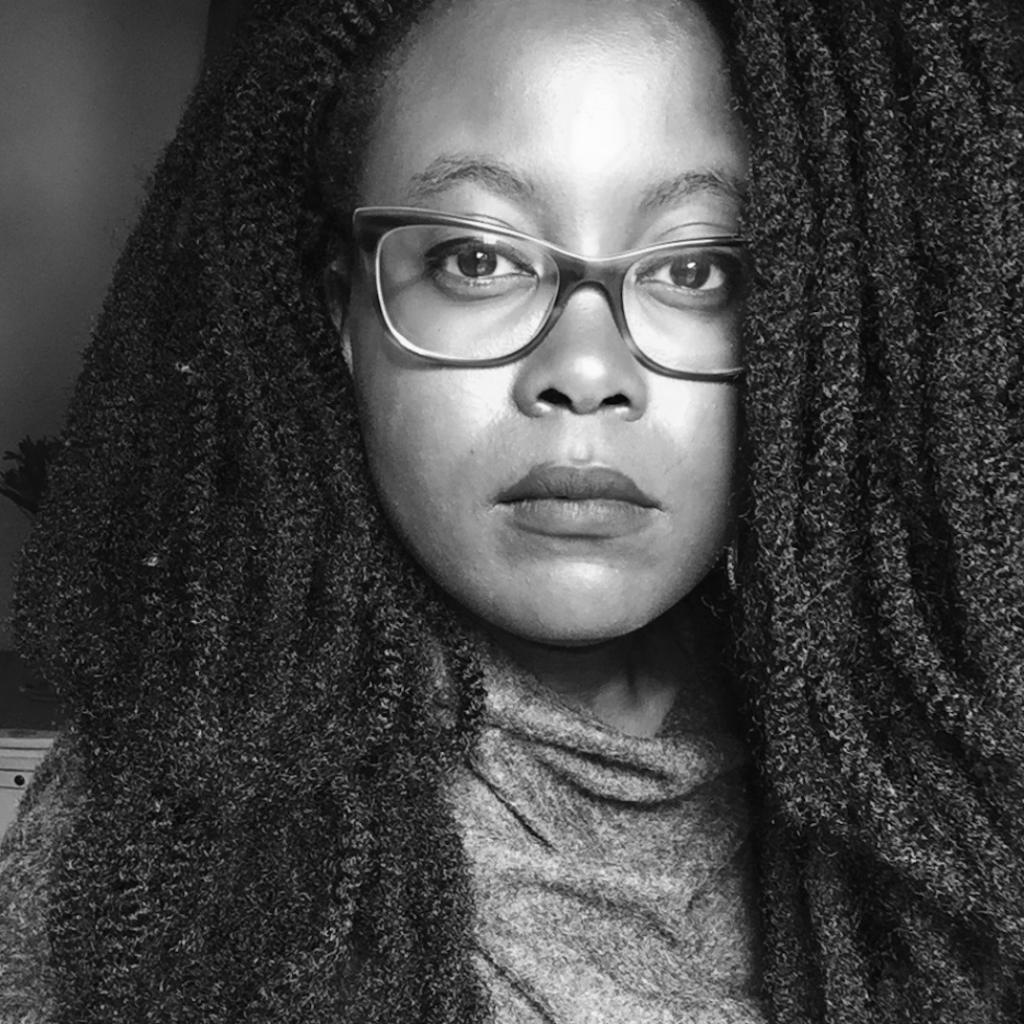
Jepchumba
Jepchumba is a digital artist, farmer and cultural technologist. Exploring the intersection of art, tech, and culture in Africa, she is on a mission to access the rich legacy & inheritance of African technological innovation and elevate African creativity and innovation on a global stage. She is the Founder of African Digital Art and Future Lab Africa. A passionate advocate for the growth of creative technology in Africa, she is a speaker, strategist and cultural ambassador, bridging the gap between African art and tech innovation. Jepchumba is a visionary shaping African futures through her focus on African digital art and African Speculative Design. She has been listed by Forbes as one of the 20 Youngest Power Women in Africa (2012) and in the Guardian Africa’s Top 25 Women Achievers (2012) and Africa’s Top 10 Tech Pioneers (2016). Jepchumba crafts user experiences and interfaces that shape future digital artifacts and technologies. Her groundbreaking work in speculative design, user experience and user interface design is shaping African futures and imagination.
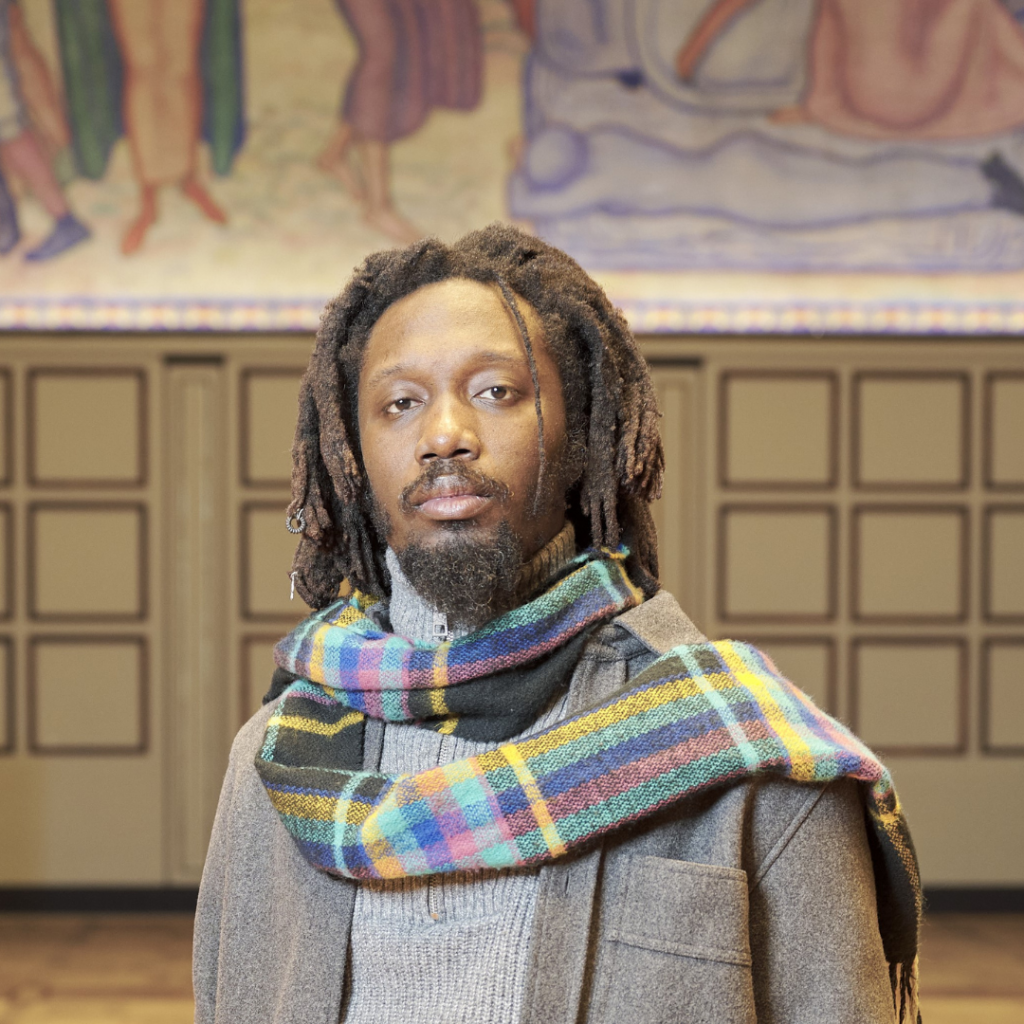
Femi Johnson
Femi Johnson is a Digital Heritage Specialist at the Museum of West African Art (MOWAA), where with science and technology he preserves and understands African heritage. Through work at the MOWAA Digital Lab, Femi has joined efforts to digitally reconstruct the Benin Bronze Plaques and recreate the 16th Century Audience Hall in which they were housed, from a fragmented corpus, dispersed round the world. Femi’s expertise has been recognized through his role as a guest professor at the University of Arts Hamburg, where he explored the concept of impermanence through the lens of art and science. He has guest also lectured in University of Zurich, University of Arts Zurich. His work has also earned him collaborations with various institutions such as the Swiss Benin Initiative, EUNIC, Museum der Gegenwart Berlin Oxford’s Pitt Rivers Museum, the GAS Foundation, The Goethe Institute, German Archeological Institute, Filmhaus Basel, Institute of Benin Studies and the National Commision for Museums and Monuments Nigeria.
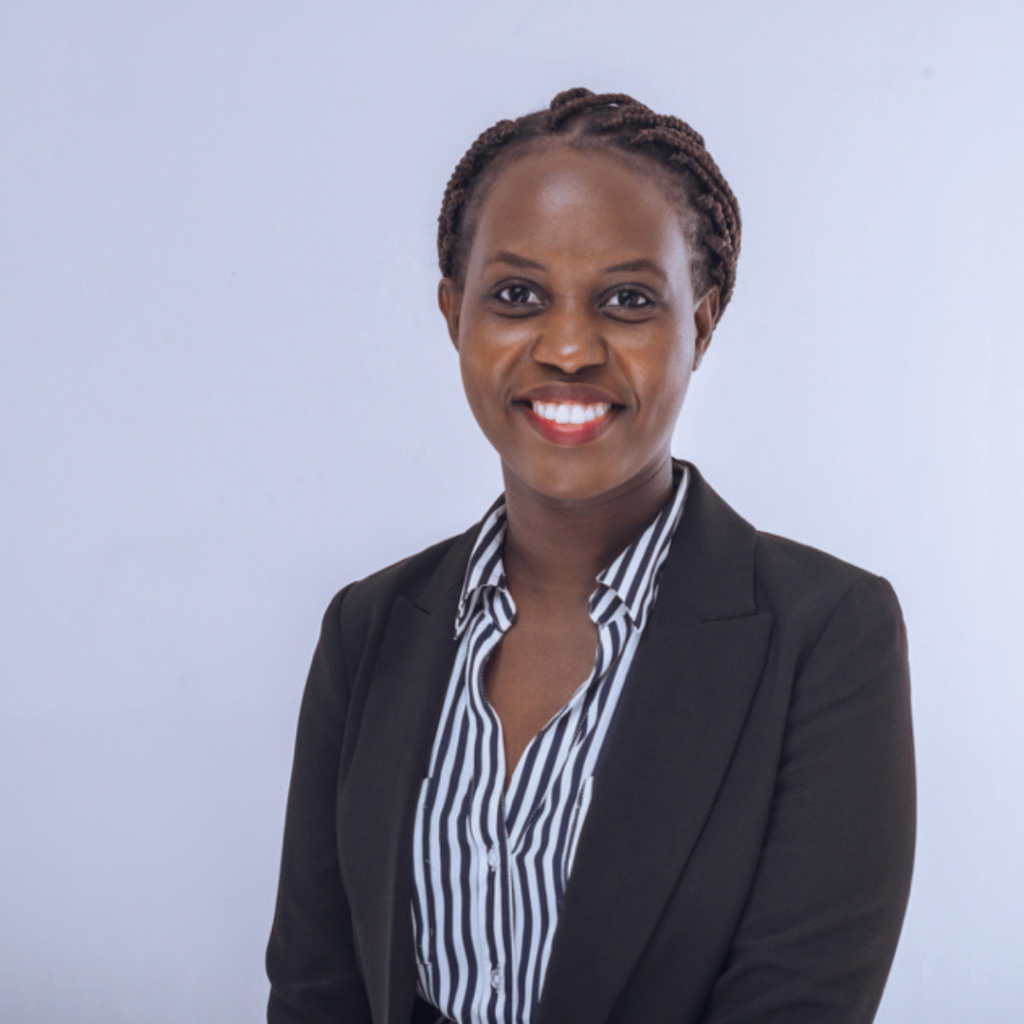
Brenda Katwesigye
Brenda Katwesigye is the co-founder of Wazi Vision, East Africa’s pioneering eyewear company specializing in affordable, inclusive eyewear designed specifically for African facial features. Under her guidance, Wazi Vision has reached thousands, offering accessible eye care solutions while championing sustainability through eco-conscious materials. Brenda’s impact in social enterprise and innovation has earned her international recognition, including a spot on Forbes’ New Wealth Creator list, the Commonwealth Youth Award for Development, the prestigious Mandela Washington Fellowship for Young African Leaders, Female Entrepreneur of the Year award at the African Rethink Awards and the ITU Young Innovators Award, as well as recognition on Forbes’ New Wealth Creator list. Beyond her entrepreneurial achievements, Brenda plays a key role at Mastercard, where she guides organizations in shaping impactful payments strategies. Her work spans areas such as market expansion, digital transformation, and innovative value proposition design, helping clients navigate complex fi nancial landscapes with a focus on growth. Within Mastercard, Brenda also champions various leadership initiatives, actively supporting recruitment and mentorship programs for employees of African descent. She also holds an MBA from the Smith School of Business at Queen’s University in Canada, where she earned the prestigious Stephen J.R. Smith Entrance Scholarship and Forte Scholarship. Her connection with Smith extends beyond her studies; she actively serves on the MBA Advisory Board, contributing strategic insights to support the school’s impact on the Canadian business community.
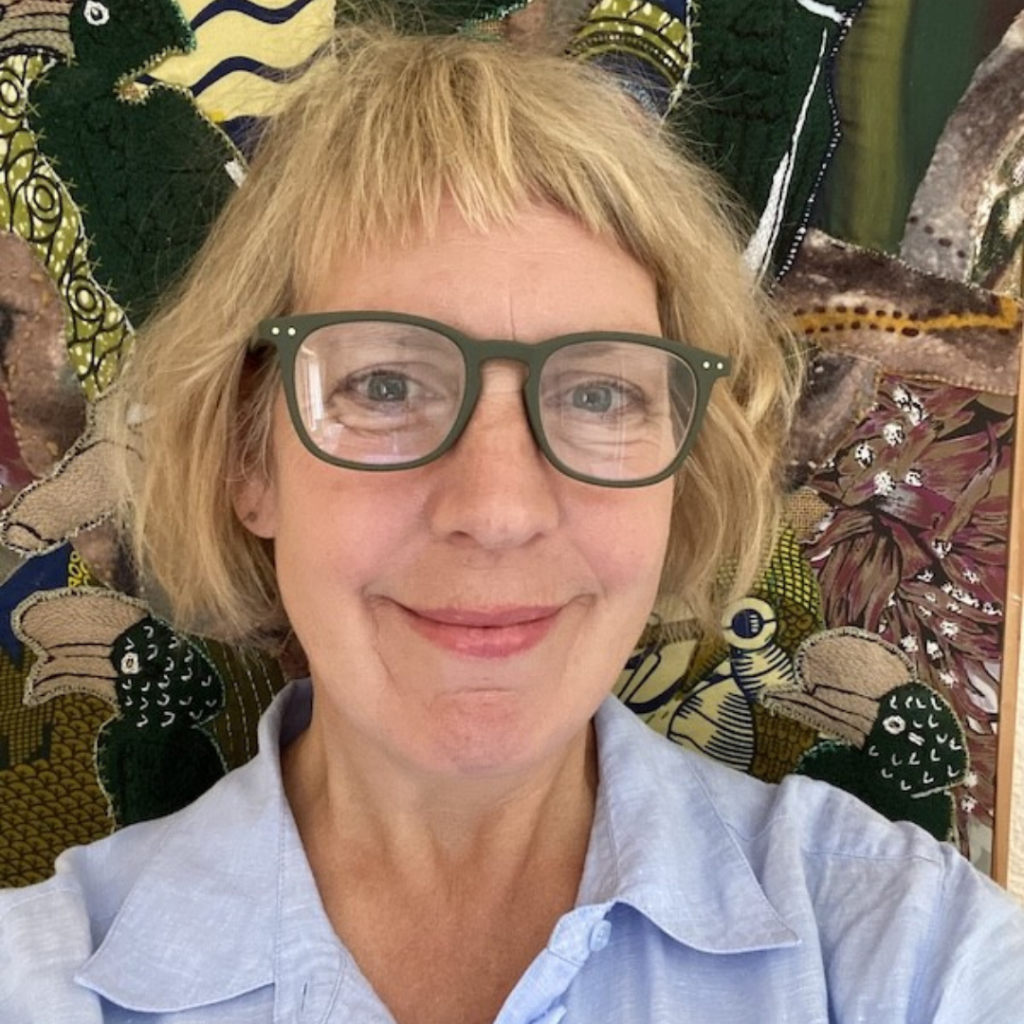
Ingrid Kopp
Ingrid Kopp is Co-founder and Director of Labs and Partnerships at Electric South, a non-profit organisation based in Cape Town. Electric South works with interdisciplinary artists across the continent to incubate and fund immersive work and has recently started working on research and policy work to build and strengthen the creative ecosystem. Ingrid produces and facilitates the New Dimensions Lab and is an executive producer on award winning VR projects. She was co-chair of the Global Future Council on the Metaverse at the World Economic Forum until the end of 2024. Along with MIT’s Open DocLab and Dot Connector Studio, she produced Immerse, a monthly publication on emerging nonfiction storytelling. Ingrid also curated the Tribeca Storyscapes programme for interactive and immersive work at the Tribeca Film Festival in New York. Ingrid was director of the Interactive Department at the Tribeca Film Institute until 2015 when she moved back to South Africa.
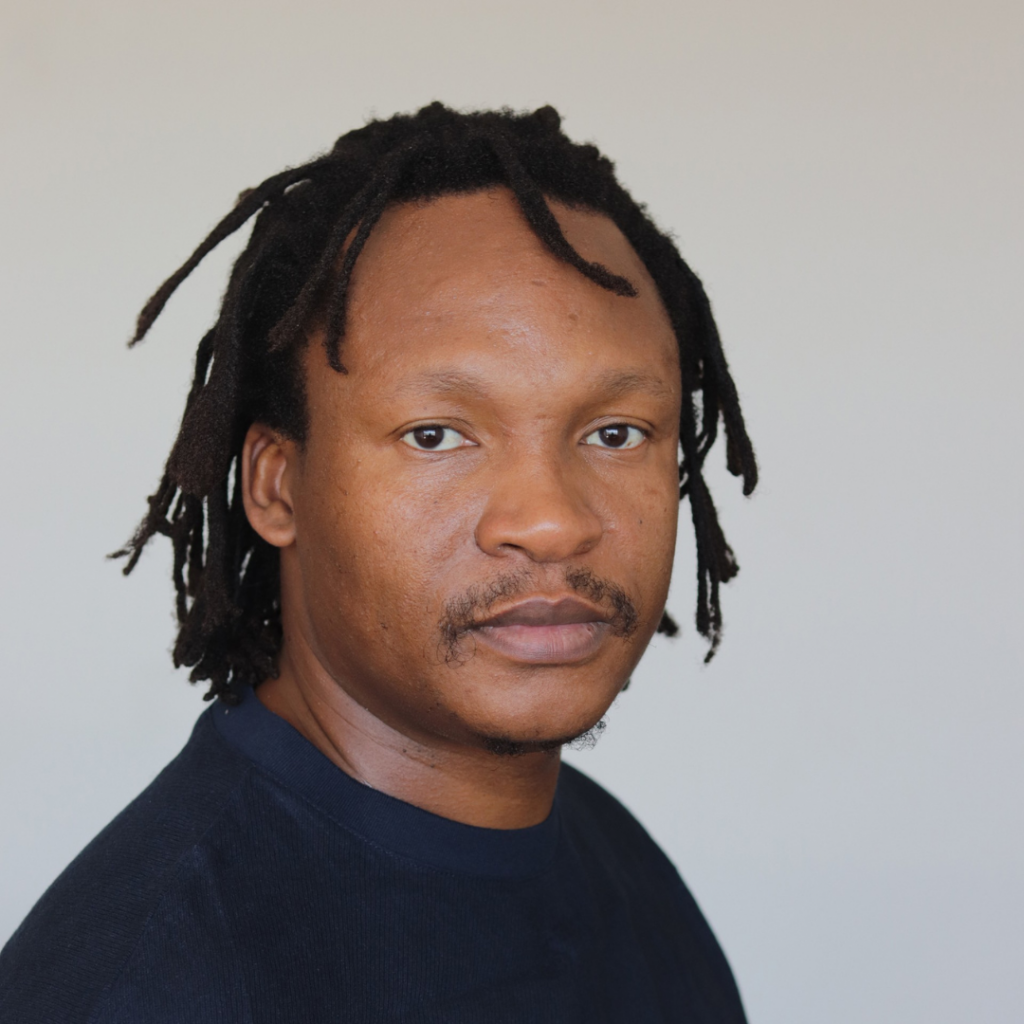
George Mahashe
Mahashe works in the field of photography, particularly at the intersection of artistic practice, archives, museums, and the afterlives of anthropology. Since 2018, he convenes the research platform ‘––defunct context’ exploring the nexus between art, scientific observations, technology, and Indigenous Knowledge Systems. His Monograph ‘—defunct context: Ambivalence to Important Work’ (2023) consolidates work on photography and the camera obscura; the refiguring of an anthropology museum; as well as the turn to Indigenous Knowledges Systems to support contemporary scientific observations. Current projects include ‘Pavilion Prototype II: U406’ which engages photographies beyond representation, as well as installation as sites of participation and collaborative practice.
Dr. Mahashe is based at the University of Cape Town where he convenes the Honour in Curatorship Programme, co-hosted with Iziko Museums of South Africa and The Centre for Curating the Archive.
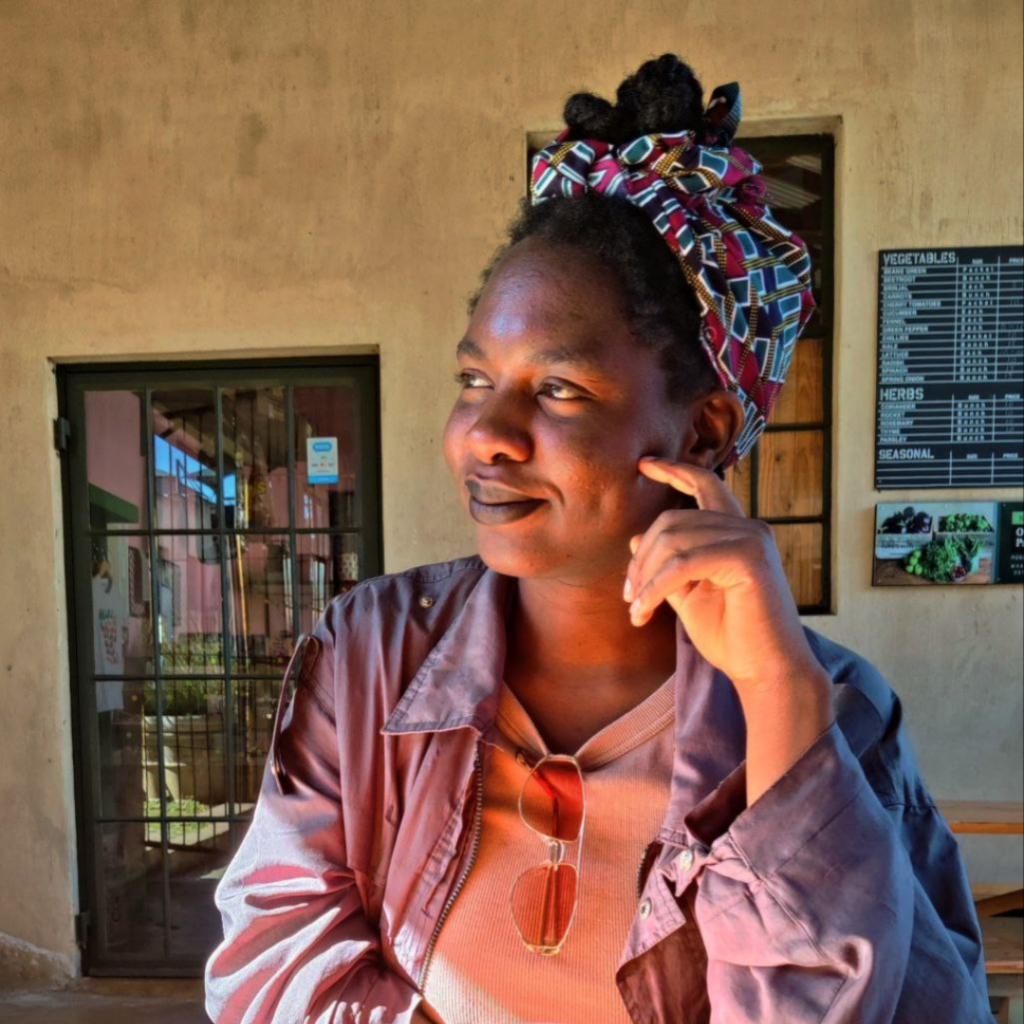
Esther Mwema
Esther Mwema is an award-winning artist and digital inequalities expert in Internet governance, tech-innovation and digital rights. Esther’s practice intersects art and technology, interrogating hidden systems of power in digital society ranging from fiber optic cables, digital colonialism, to gender inequality. She has over ten years commitment to social impact at the grassroots via her non-profits Digital Grassroots and Safety First for Girls (SAFIGI) Foundation; and has done extensive work within the UN system. Esther is an Open Internet for Democracy leader who centers African feminist and decolonial methodologies in practice. Her paper Undersea Cables in Africa – New Frontiers of Digital Colonialism draws historical parallels between colonial telegraph cables and the increased ownership of African undersea cables by big tech. She holds an MSc in Inequalities and Social Sciences from the London School of Economics.

Azza Satti
Azza Satti is a creative producer, curator, and social change advocate passionate about creating experiences that inspire and foster connection. She is the co-founder of The Station, a concept space for artists, filmmakers, and educators that aims to redefine the boundaries of engagement in Nairobi and beyond. In 2024, Azza served as the Program Developer for the Rest Residency, a safe haven for Sudanese artists displaced by war and now based in Nairobi, Kenya. Previously, Azza was the Head of Community Engagement at African Crossroads, a program under Hivos in the Netherlands. She also produced the Hivos-funded documentary Water, Urban Transformation, and African Heritage, which explored the impact of the LAPSSET Corridor Project on the environment and identity of Lamu Island, Kenya. Azza’s contributions to the arts extend beyond documentaries. She is a founding member of the African Art in Venice Forum, a two-day platform in Venice that brings together artists, critics, researchers, and academics to discuss critical topics in African art.
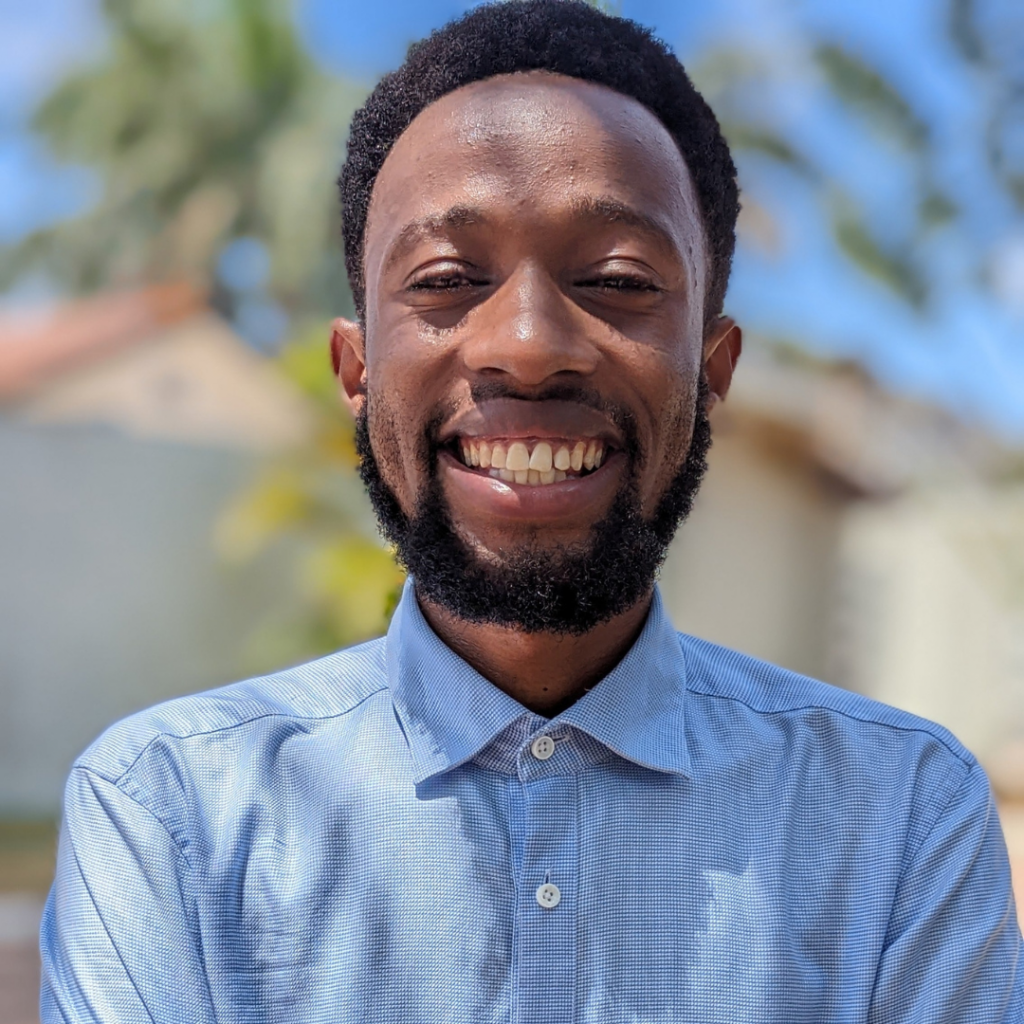
Francis Wairura
Francis Wairura is a media innovator advancing creative solutions at the intersection of art, science, and technology. His work blends storytelling with emerging technologies such as AR, VR, and AI to inspire civic engagement, cultural preservation, and inclusive innovation. Francis has led impactful projects promoting gender equality, governance, and sustainability. He managed a project exploring and preserving Tanzania’s mobility story through innovative mediums like VR simulations, film, and augmented reality. He also directed the AncestARs initiative, empowering 12 creatives with AR skills to preserve the Makonde face tattoos, masks, and wood carving heritage in collaboration with the National Museum of Tanzania, engaging over 1,000 students. Committed to showcasing best practices, Francis, as part of Ona Stories, drives digital storytelling innovations, fostering sustainable and inclusive societies while contributing to platforms like the STARTS Prize Africa.
S+T+ARTS Afropean Intelligence is funded by the European Union under the STARTS – Science, Technology and Arts initiative of DG CNECT under grant agreement LC-03568051. Views and opinions expressed are those of the author(s) only and do not necessarily reflect those of the European Union or DG CNECT. Neither the European Union nor the granting authority can be held responsible for them.
